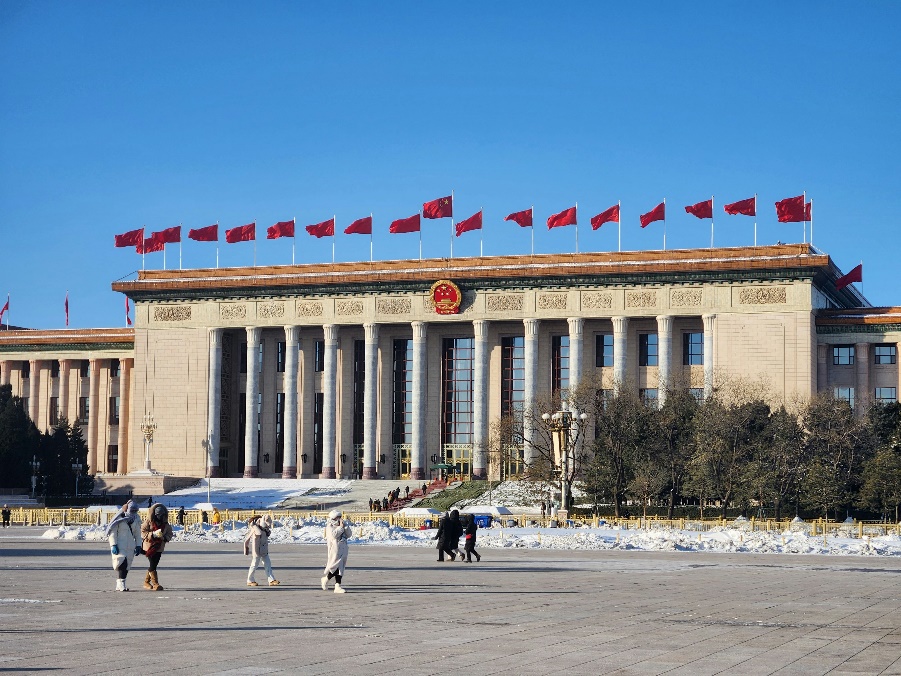Other countries try to exert influence on Dutch people with a migration background. They do this, for example, through espionage, intimidation or even kidnapping or murder. These forms of state interference not only put pressure on the personal freedoms of residents of the Netherlands, but also undermine the democratic rule of law in the Netherlands. So says the phenomenon analysis Over de grens by the AIVD and the NCTV on state interference in diaspora communities. The publication helps society and government organizations better recognize and understand this phenomenon. A communication toolkit has been launched on rijksoverheid.nl to stimulate conversation about it.

The phenomenon analysis describes various ways in which foreign governments and intelligence agencies interfere with Dutch nationals with a migration background. When these foreign governments interfere with diaspora communities in the Netherlands, it is often to serve their own interests or to increase their influence. This can range from imposing travel restrictions to threats, assault, kidnapping and, in extreme cases, murder.
In addition to repressive activities, it may also involve subversive influence, which attempts to influence political decisions or sentiment in Dutch society. Examples include mobilizing groups within a community to serve the interests of the country of origin. Foreign governments use this to try to improve their reputation and counter criticism as much as possible. They also try to increase their influence in other countries and shape political and public opinion on certain topics to their own liking. Another form of interference is the covert collection of data on individuals and organizations. Foreign governments use this data, for example, to put more pressure on (former) compatriots or to spy.
Static interference can deeply affect diasporic communities. It can put great pressure on individual lives and groups, and it comes at the expense of freedoms of residents of the Netherlands. It can also create social tensions and polarization, and lead to feelings of insecurity, self-censorship and undermining of the Dutch judicial process. It can put pressure on the democratic rule of law in the Netherlands and is therefore a threat to our national security.
For the Netherlands, this form of foreign interference is not acceptable. The government strongly disapproves of state interference and takes measures to counter it. For example, the Netherlands conducts diplomatic talks with countries that interfere with Dutch society in undesirable ways. The government is also in contact with groups in society that may face statewide, or unwanted, foreign interference. A communication toolkit has been launched for employees of municipalities and other organizations that are in close contact with diaspora communities. People need to know what unwanted foreign interference is and how some countries operate so that they become more resilient to it.
State actors are increasingly and in various ways threatening national security interests, including the democratic rule of law. The AIVD closely monitors the threat that foreign governments may pose; the NCTV works to build resilience to state-based threats.

